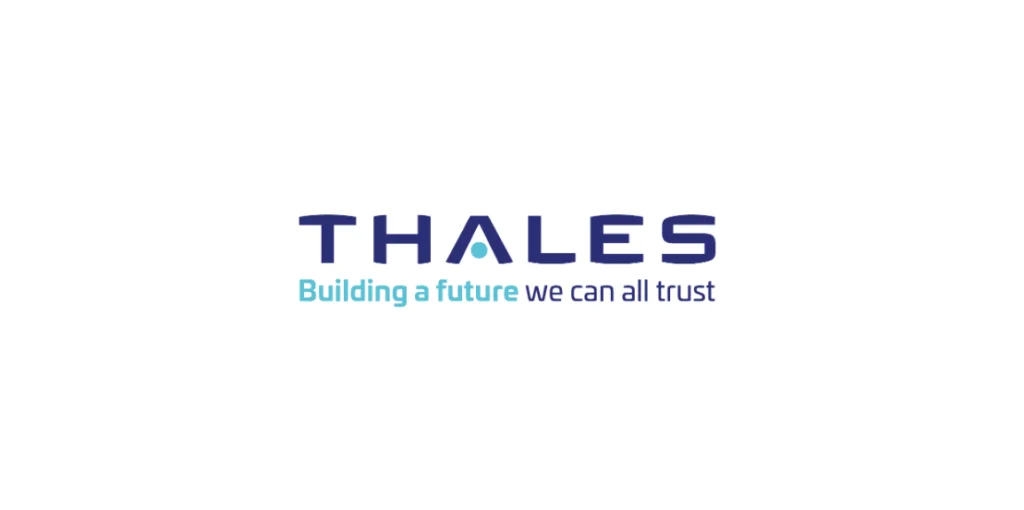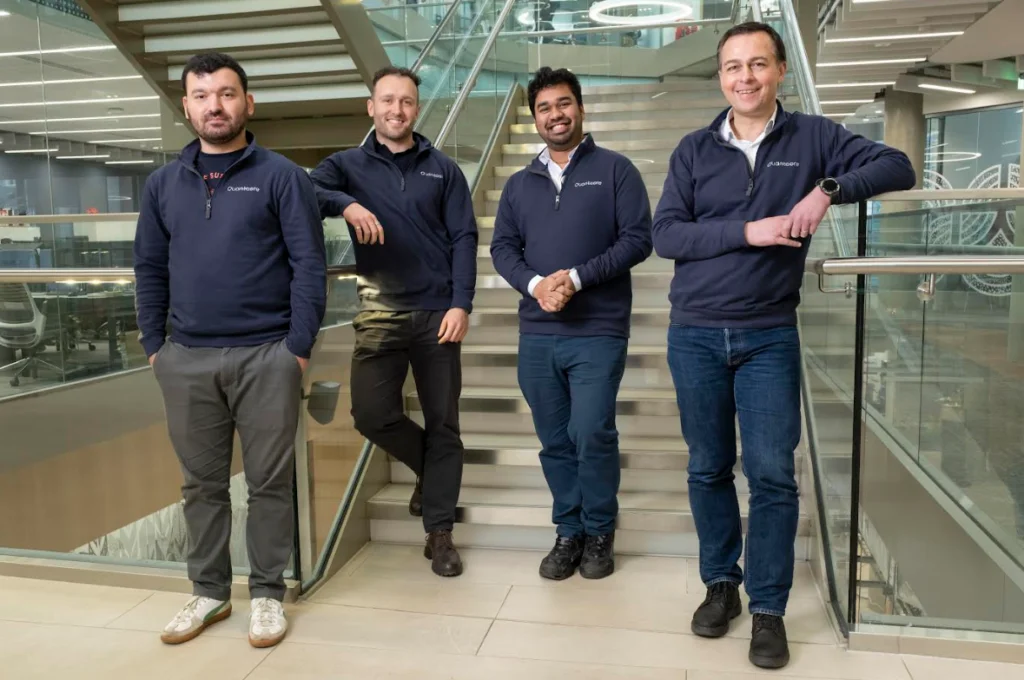In the race to develop transformative quantum computing technology, major players like Google, IBM and Amazon are pouring billions into research and hardware. However, much of the pioneering groundwork paving the way for quantum computing’s real-world applications is happening at universities like King’s College London through interdisciplinary collaborations.
“Quantum physics is actually all around us,” said Professor Joe Bhaseen in a short film from King’s College, calling attention to how King’s is combining expertise across disciplines to bring quantum’s mind-bending possibilities into everyday life: “In order to understand quantum computers and actually bring those into everyday life, we’re going to have to bring together experts in quantum physics but also in engineering, in computer science so that those devices actually operate like computers that we already know,” he added.
While the theory of quantum mechanics has been around for over a century, harnessing its bizarre properties like superposition and entanglement to build functional quantum computers has proven immensely challenging. But the potential payoffs are tantalizing.
“Quantum computers could potentially have an advantage anywhere where you need fast processing power or large simulations,” said Bhaseen. “It could be anything ranging from engineering through to finance through to applications in drug discovery — there could be a huge range of potential applications.”

King’s interdisciplinary Quantum center is focused on unlocking those applications by bridging the gaps between the fundamental physics, computer science, materials science, and engineering required. As Bhaseen stated: “We’re at the start of potentially a new revolution of quantum computers that harness the laws of quantum mechanics for their operation.”
One key area of research is developing algorithms that can properly leverage quantum computing’s unique capabilities.
“One of the major research areas is looking for algorithms and trying to understand whether there’s potential speedups associated with quantum mechanics that actually bring some advantages,” Bhaseen noted. “I would say at the moment we’re just at the start of trying to understand what those potential applications will be.”
While tech giants engage in a modern-day space race towards viable quantum hardware, pioneering research at institutions like King’s College is critical for identifying the areas where quantum computing can have the most transformative real-world impact. From optimizing logistics to revolutionizing materials design, artificial intelligence, and drug discovery, quantum algorithms could provide an incredible competitive advantage.
However, unlocking those world-changing applications first requires bridging the gap between quantum theory and practical engineering — which is exactly the interdisciplinary focus of King’s Quantum center. As the private sector races towards a quantum advantage in hardware, universities are doing the indispensable work of creating the software, tools, and use cases that will ultimately define quantum computing’s revolutionary impact on our world.
Featured image: Credit King’s College London
















